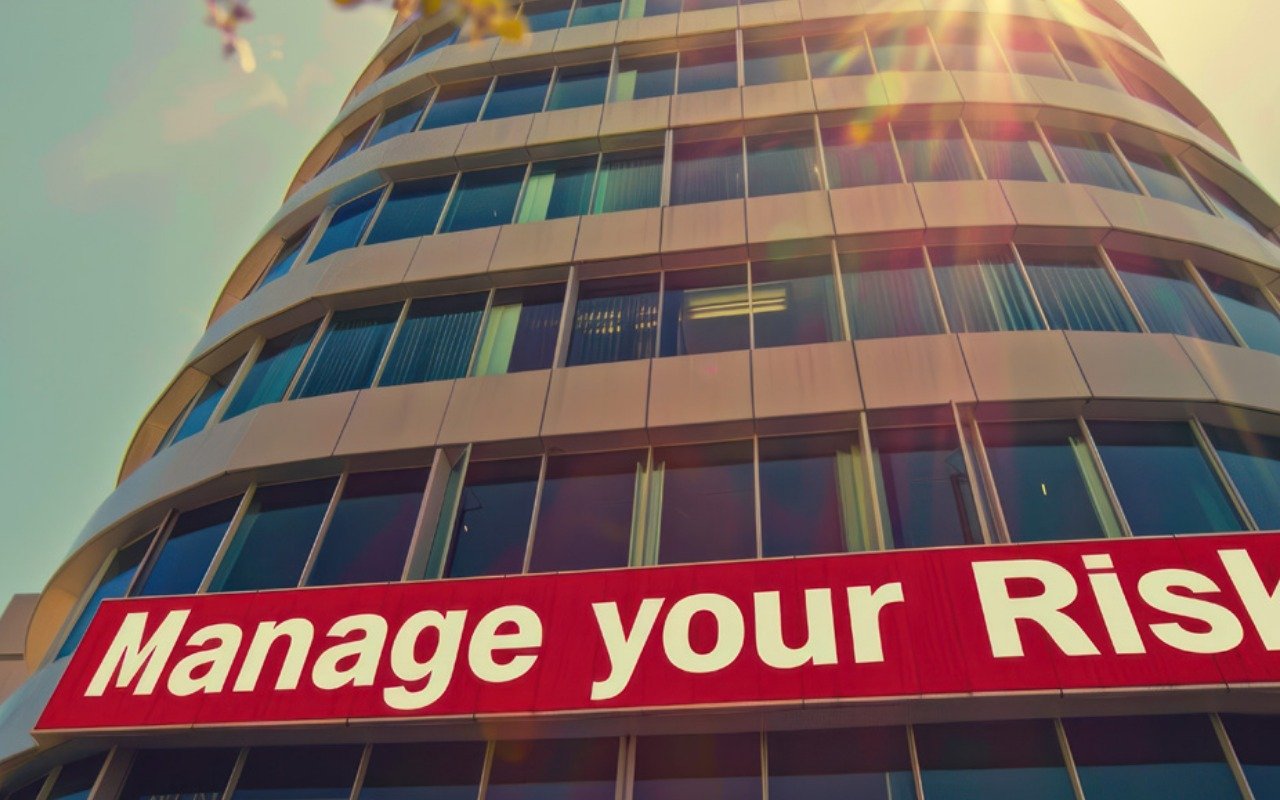
Commercial real estate investors want to turn a profit. If you have long-term goals but lack a plan for the property you want to buy or don’t consider all of the risks involved, you’ll face some roadblocks. New and experienced investors can run into issues along the way. It’s better to get all the advice you need before you buy to avoid some of the following potential problems.
The Property and Its Location
Every type of commercial property has its own set of risks that can affect your return on your investment. Based on the property you buy, the local market and how it changes may also set you up for success or failure.
Think about the types of tenants. For example, restaurants may not always generate a profit. “Brick-and-mortar” retail is quickly becoming a thing of the past as shoppers turn to “e-tail.”
The location is vital for retail and service businesses, but the type of neighborhood can also affect the tenants you attract. Recent construction may also influence your occupancy rates. In a good economy, a business owner may decide to rent office space outside of the home and, in a downturn, can return to the garage. Likewise, a renter may later decide to become a homeowner when they have more money for a down payment.
If you invest in properties with several tenants, such as multifamily rental units or strip malls, you’ll also want to look at potential increases or decreases in rental rates.
Also, expenses such as mortgage, taxes, insurance, and advertisement and management costs should be considered. Have realistic expectations. Plan to set aside money annually for potential repairs and maintenance. Especially if you involve other investors, having a business plan ready before you buy can define your goals. It should also include changes to the property, possible expenses, projected rent increases, and an estimated timeline or “hold” period.
Then, there are potential zoning and land use restrictions. Sometimes, finding out if you have the proper zoning is not enough. You need to discover if there will be any issues involving properties nearby. Perhaps later on, the local city council or a neighbor will petition to change the zoning to limit your use of the property. It helps to consider all factors.
Potential Building Issues
On the surface, when you buy a property, the roof may be in decent shape, or the water heater may be new. But if you’re the landlord and something goes wrong, you’re responsible for utilities, repairs, and maintenance. You also need to advertise, if necessary, for new tenants.
So, before you buy, budget for potential future expenses because they can affect your profits. You need to understand the potential work involved. If you’re not experienced in buying properties, an inspection before a purchase can determine potential problems. The most expensive repairs include roofing, plumbing and heating, and foundation work. You also should consider whether you have enough insurance coverage if something goes wrong – otherwise, you may pay for expensive repairs yourself.
The more tenants you have, the more problems you may face. You could go several months without a tenant, affecting your revenue. How will you handle potentially long vacancies? They could be an opportunity for some remodeling if you have money set aside or can secure financing.
Possible Paperwork Problems
You may also run into issues with contracts, leases, or the title to the property. Written contracts serve many purposes, including setting terms, recording the deal, reinforcing compliance, and resolving disputes. You should draft contracts for real estate transactions and long-term commitments to be enforceable in court.
For instance, if you form a partnership with a friend or family member to buy a property, that person may back out, causing a breach of contract. A carefully drafted agreement helps with negotiations and the consequences in case someone defaults. It can even specify the damages or the consequences of a breach.
With commercial leases, tenants can break them by moving out before the end of the term. You want to ensure you write your leases so that if a renter defaults, you won’t lose money. However, if you decide to lease your commercial space, pay close attention to the terms. Outline clearly your responsibilities and those of the tenants.
Title defects are another potential problem. Though property deeds are often public record, they’re not always on file or may have facial defects regarding the land they cover.
A sale or partial transfer of interest in a property can cause confusion. Easements give others the right to use a property, and they may not be on public record. A judgment against a person can be recorded and become a lien against any real property that person owns, even without their consent.
Some of these situations can become a lien against a title. You may not be buying everything you thought you were buying because someone else may have a prior claim you didn’t know about. That’s when an owner’s title insurance policy can be effective in protecting you from title defects, boundary mistakes, zoning conflicts, and other concerns.
Getting Help
Finally, handling property management yourself can become time-consuming. You may feel overwhelmed and make mistakes. Nobody’s perfect, but with a careful strategy, you can profit from your investment and achieve success over time.
It’s wise to assemble a team of professionals to help you with your investment. To build a solid foundation, you must foster relationships with a good real estate agent, an appraiser, an engineer, a lender, and a commercial real estate lawyer. A property management firm can also help. Having the right team behind you will take the pressure off of you while you get the support you need.
Let Kleiner Law Group be a valuable part of your team. Our lawyers understand the problems you face in your real estate deals and are ready to help you. Contact us today for advice on your investment.